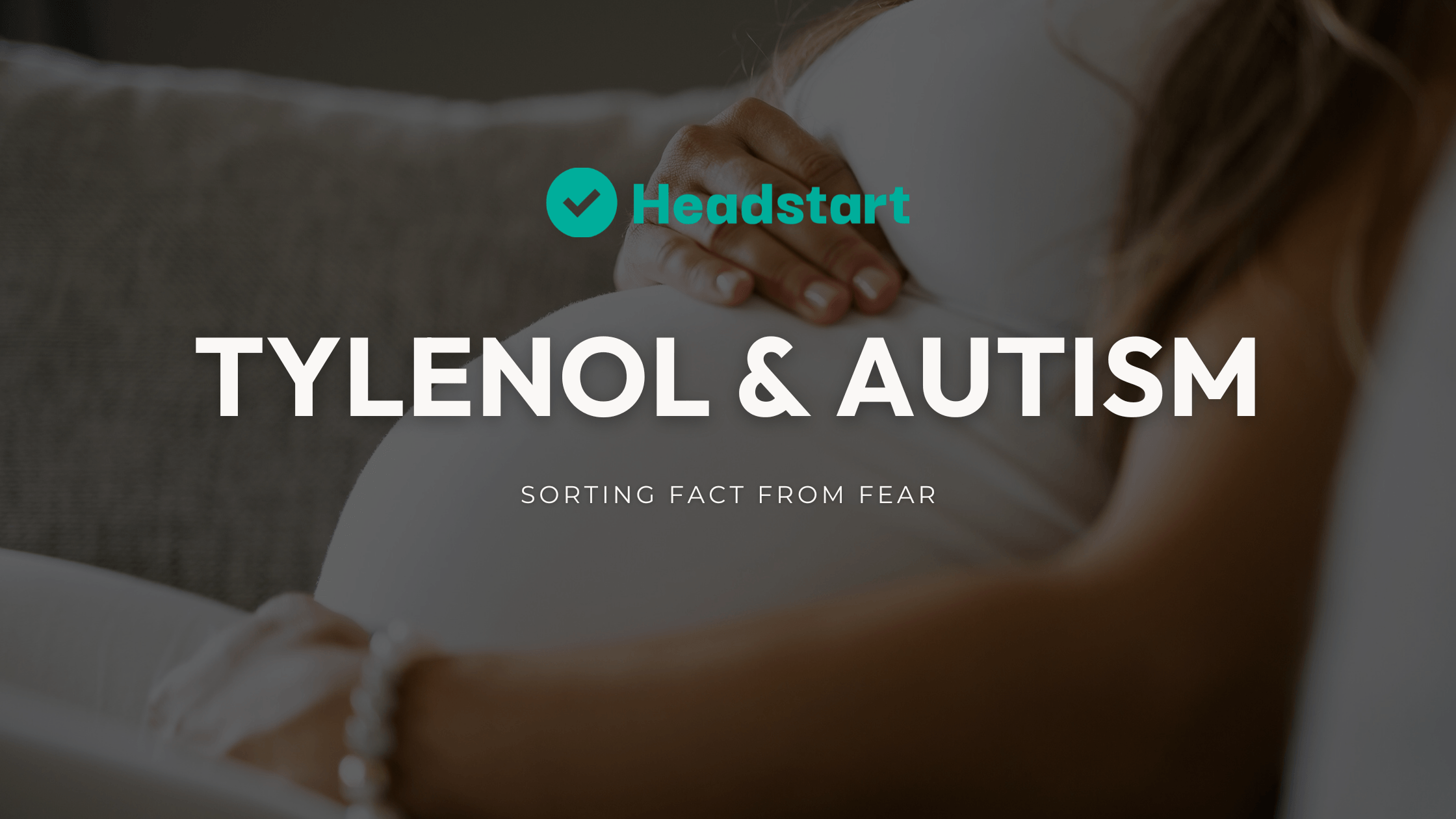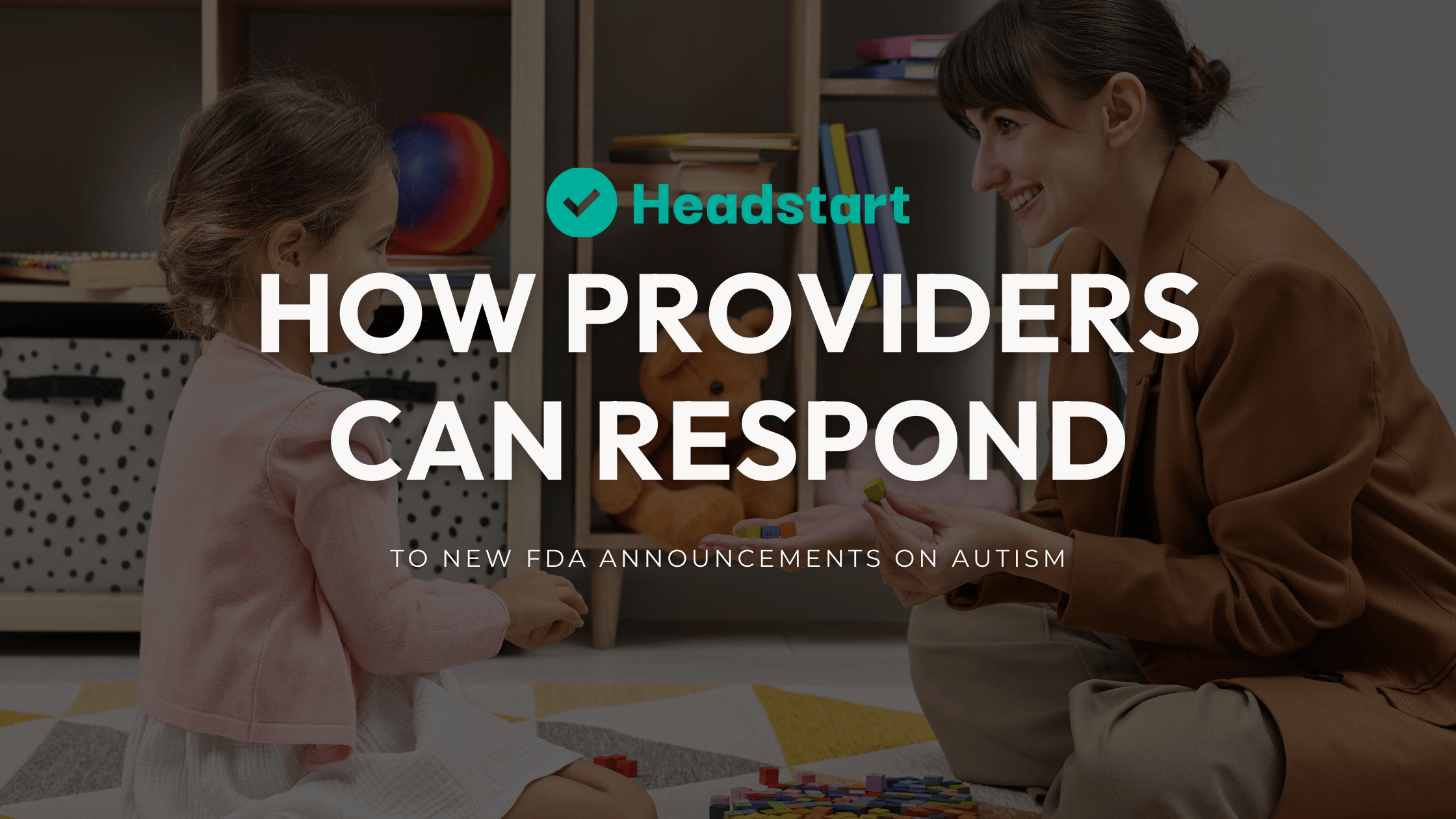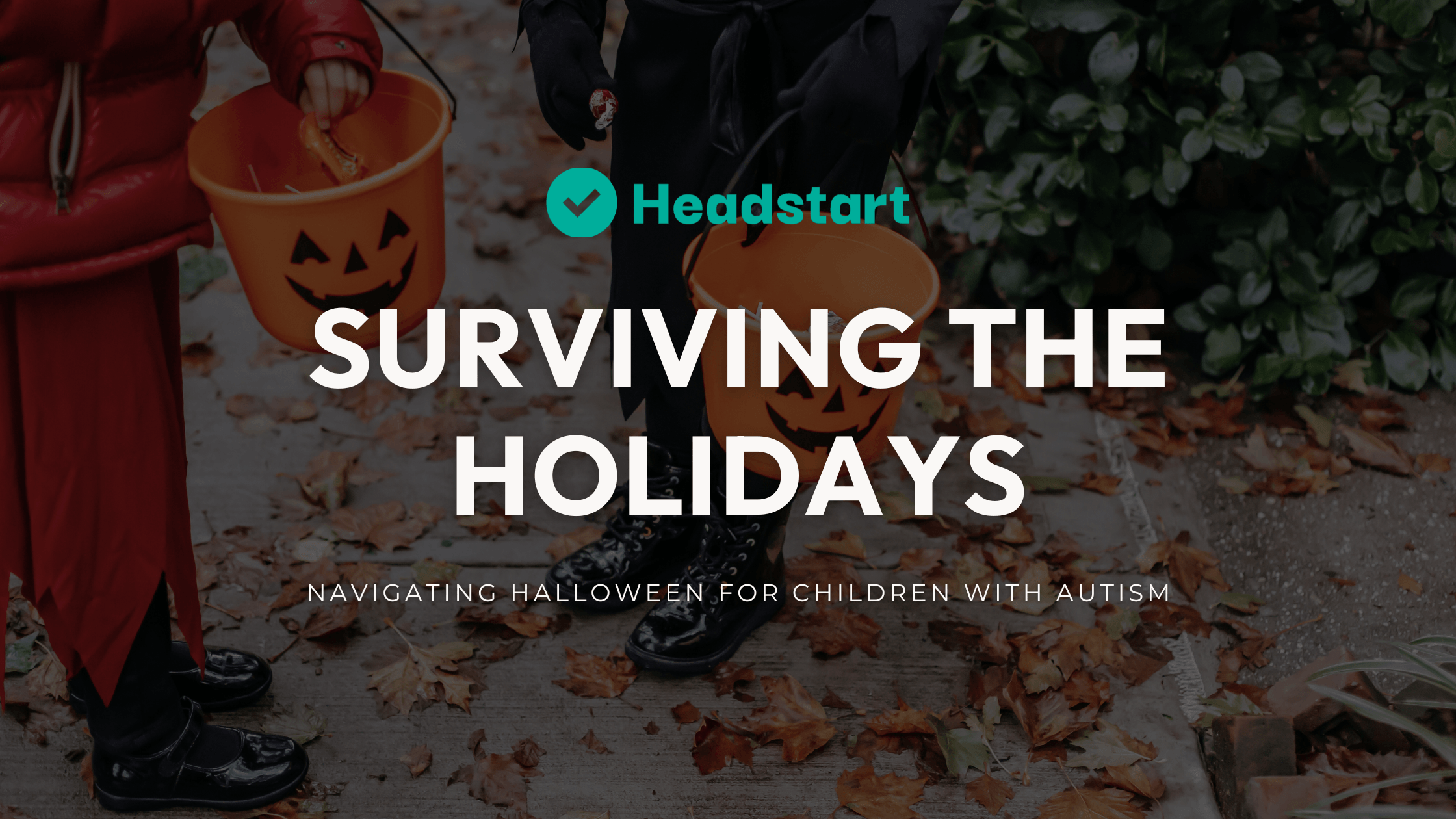Tylenol and Autism: Sorting Fact from Fear

If you’re a parent or professional in the autism community, you’ve probably seen the headlines: “Could Tylenol in pregnancy cause autism?”
The idea is frightening. Acetaminophen (Tylenol) is one of the few medications long considered safe during pregnancy. For many parents, it’s the only option for fever or pain relief. So when studies suggested a possible link to autism, worry understandably took root.
Here’s the story of how the research began, what scientists have learned, and what we know today.
The Early Research: Signals of Risk
The first concerns came from observational studies:
Denmark’s National Birth Cohort: Mothers who reported long-term acetaminophen use during pregnancy had children with a slightly higher risk of autism with hyperkinetic symptoms (similar to ADHD).
Boston Birth Cohort: Researchers measured acetaminophen metabolites in umbilical cord blood. Babies with higher levels were more likely to be diagnosed with autism or ADHD.
These findings made headlines because they hinted at a possible connection. But observational studies can’t prove cause and effect—they can only show associations. And associations are vulnerable to many other influences.
The Problem of Confounding
Pregnancy is complex. Many overlapping health factors can influence child development.
A mother with a severe infection may take more Tylenol.
That infection—or the inflammation it triggers—could itself affect neurodevelopment.
From the outside, it can look like Tylenol is the culprit. But in reality, the underlying illness may be what drives the risk. Early Tylenol studies couldn’t fully separate these “hidden variables.”
The Game-Changer: Sibling-Controlled Study
In 2024, researchers in Sweden conducted a landmark study of 2.5 million children. They compared siblings—one exposed to acetaminophen in pregnancy and one not.
Why this matters: siblings share genetics, home environment, and family history. If Tylenol truly raised autism risk, differences should have shown up between siblings.
The result? No difference. Acetaminophen use during pregnancy did not increase the risk of autism, ADHD, or intellectual disability.
This sibling-controlled design is one of the strongest methods in epidemiology. It helped settle the question: early associations likely reflected confounding, not causation.
What Experts Say Today
ACOG (American College of Obstetricians and Gynecologists): Acetaminophen remains the safest pain reliever in pregnancy when used at the lowest effective dose.
CDC & NIH: Autism is primarily genetic, with some known prenatal risk factors (such as valproate use or congenital rubella). Acetaminophen is not among them.
Why This Story Matters
For parents:
It’s natural to wonder, “Did I cause this?” The evidence is clear: taking Tylenol for a fever or headache does not cause autism.
For professionals:
Families may bring this up in conversation. Having a grounded explanation—that early studies raised questions, but stronger studies show no causal link—helps reassure families and prevent unnecessary guilt.
Leucovorin (Folinic Acid) and Autism: A New Development
While the Tylenol story shows the importance of ruling out false leads, another development has generated cautious excitement.
In September 2025, the FDA approved leucovorin (folinic acid) for treating autism-like symptoms in children with cerebral folate deficiency (CFD).
The Science So Far
Some autistic children have folate receptor antibodies (FRAA), which block folate from entering the brain. Leucovorin bypasses this blockage.
Clinical trials:
Frye et al. (Molecular Psychiatry): 48 children, improved language/communication (especially FRAA-positive).
Renard 2020 (France): 19 children, reduced autism severity.
Panda 2024 (India): 78 children, improvements in autism severity and behavior.
Across all randomized controlled trials, only ~145 children have been studied—a small evidence base compared to other autism interventions.
Who Benefits Most?
About 60% of autistic children test FRAA-positive.
This group has shown the strongest response in trials.
Safety and Limitations
Side effects: mild and manageable (irritability, GI upset, sleep disturbance).
Serious adverse events have not been reported in autism trials.
FDA approval applies only to cerebral folate deficiency, not autism broadly.
The Bigger Picture on Autism Causes
Genetics: Dozens of rare and common variants are strongly linked to autism.
Environmental risks: A few prenatal exposures—like valproate or congenital rubella—are well established.
What’s ruled out: Vaccines, parenting choices, and safe medications like Tylenol are not causes of autism.
The Takeaway
The Tylenol story illustrates how science evolves:
A signal appears.
Stronger studies put it to the test.
A clearer picture emerges.
And the picture today is clear: Tylenol in pregnancy is not a cause of autism.
Leucovorin offers cautious hope for a subset of children with CFD, but more research is needed before it can be considered standard autism care.
Instead of chasing myths or miracle cures, families and professionals should focus on what makes the greatest difference: early support, individualized interventions, and environments where autistic children can thrive.
Trusted Resources
Connecting Families to Real Support
Science is a story—and this one reminds us that evidence, not fear, should guide our choices. But knowing what to believe is only the first step. The next step is finding the right support for your child.
At Headstart Health, our Board Certified Behavior Analysts (BCBAs) provide personalized ABA therapy that helps children build communication, social, and daily living skills. We bring therapy into the home, support the whole family, and ensure there are no waitlists keeping children from care.
If you’re ready to learn more about how ABA therapy can support your child, connect with one of our providers today.

